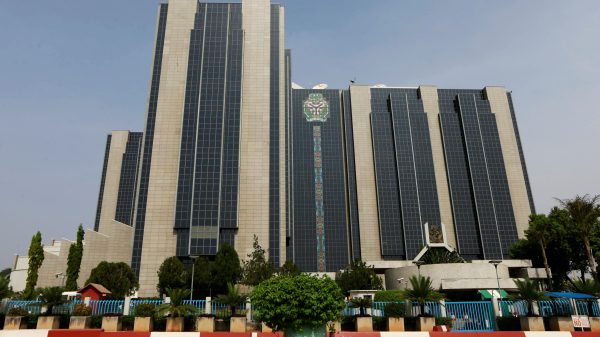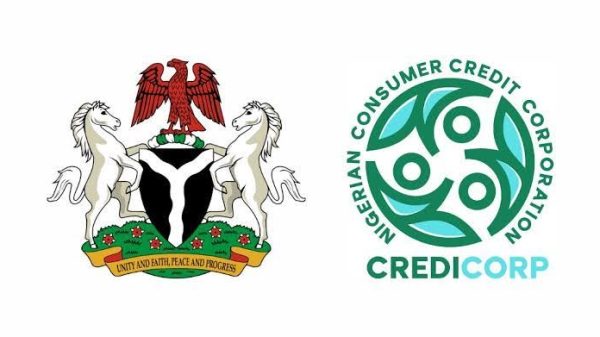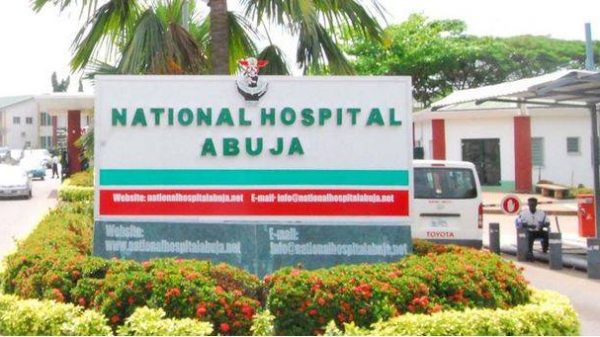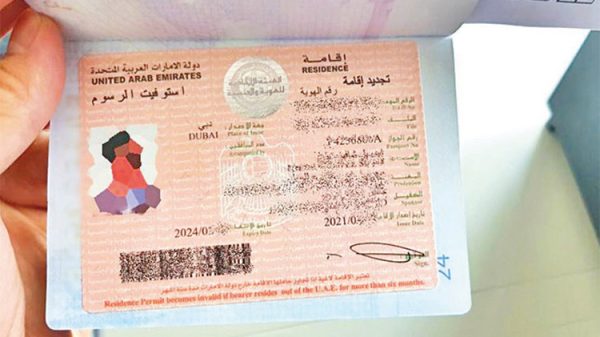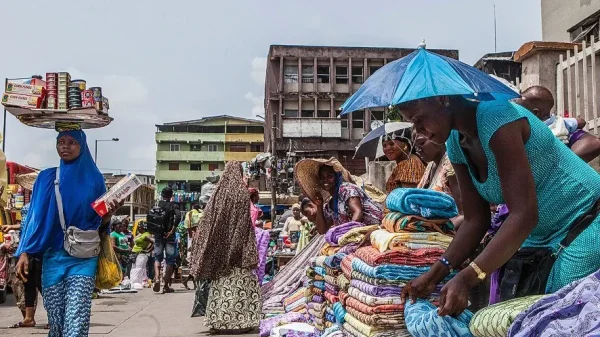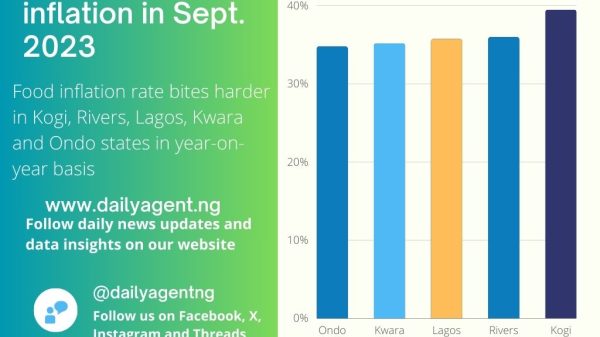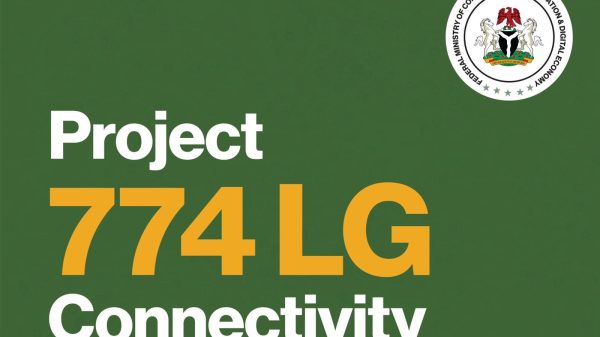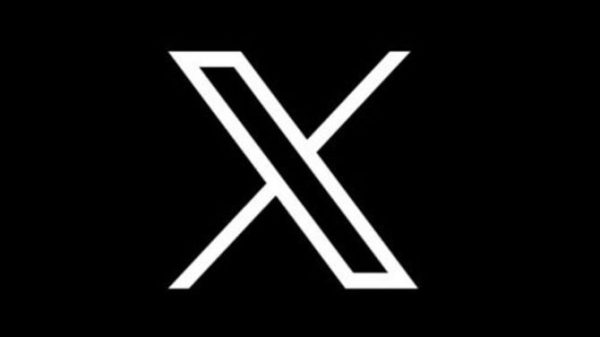Technocrat Media
The Nigeria Centre for Disease Control (NCDC) says Marburg virus disease might be imported into the country, saying Nigeria stands at moderate risk.
Earlier in the week, Ghana, a neighbouring—member of the Economic Community of West African States (ECOWAS) confirmed its first-ever outbreak of Marburg virus disease, according to Bloomberg.
The country had announced its first outbreak of Marburg virus disease after a World Health Organization laboratory confirmed earlier test results.
The Ghana Health Service (GHS) also announced that two deaths were recorded while at least 98 contacts have been traced and quarantined.
Ghana’s capital city—Accra is just one hour, 38 minutes from Abuja—Nigeria’s federal capital territory (FCT). This has raised concerns among Nigerians about the likelihood of the importation of the virus to the country.
In response to Marburg’s development, Ifedayo Adetifa, director-general of the NCDC, in a statement on Wednesday, said the risk of importation of the virus to Nigeria has been reduced as the situation is under control in Ghana.
Mr Adetifa said no case of Marburg virus disease has been reported in Nigeria at the moment.
“The Nigeria Centre for Disease Control and Prevention (NCDC) is aware of the declaration of an outbreak of Marburg virus disease (MVD) in Ghana confirmed by the World Health Organization (WHO) on the 17th of July 2022,” he said.
“This is the second time this zoonotic disease has been detected in West Africa following the previous incidence in Guinea in August 2021.
“The cases were reported in two unrelated males — 26 and 51 years old — who both died from the disease. The disease was first discovered in 1967 following outbreaks in Marburg and Frankfurt in Germany, and Belgrade, Serbia.
“Since then, outbreaks and sporadic cases have been reported in some African countries.
“Ghanaian public health officials are responding with support from WHO to halt the spread of the disease.
“Given the proximity of Ghana to Nigeria as well as the WHO alert, the NCDC-led a multi-sectoral National Emerging Viral Haemorrhagic Diseases Working Group (EVHDWG) that coordinates preparedness efforts for MVD, and other emerging viral haemorrhagic diseases has conducted a rapid risk assessment to guide in-country preparedness activities.
“Based on available data, the overall risk of both importation of the disease and its potential impact on the Nigerian population is said to be moderate as assessed by NCDC experts and partners given the following: the proximity (same region), high traffic from Ghana and countries that share borders with Ghana, the incubation period of 21 days of the virus, heightened surveillance at point of entry, Nigeria’s capacity to respond to the outbreak in country and the fact that persons with MVD transmit the virus when they become symptomatic unlike for SARS-CoV-2 that causes COVID-19 that can also be transmitted by infected persons without symptoms.
“Nigeria has the capacity to test for the virus presently at the National Reference Laboratory in Abuja and the University of Lagos Teaching Hospital laboratory Centre for Human and Zoonotic Virology.
“Diagnostic capacity can be scaled up to other laboratories if required. Nigeria has the resources (human, technical, and laboratory) for prompt identification and management in the event of a single imported case.
“However, the risk of importation may be further reduced as the current situation in Ghana is under control as reported by Ghana Health Service. Active case finding is ongoing in Ghana while there is heightened surveillance in Togo and Benin.
“Therefore, the response situation may change in the coming days with the control efforts in Ghana and advisories as may be issued by the World Health Organisation.
“In addition, many of the contacts under follow-up in Ghana will soon exit the 21-day quarantine period and so far, there have been no secondary cases reported.”
What is Marburg virus?
According to the World Health Organisation (WHO), the Marburg virus is a virus that causes fever as experienced by persons who contract Ebola.
Marburg hemorrhagic fever is a severe and highly fatal disease caused by a virus from the same family as the one that causes Ebola hemorrhagic fever. Both diseases are rare but can cause dramatic outbreaks with high fatality. There is currently no specific treatment or vaccine.
Dear Reader, Excellent journalism is expensive. It is only the same that can help to build our society and country to entrench good governance, and development and ensure justice for all.
We need your support for investigative findings and special reports to demand accountable and transparent government. DONATE today to help us stay relevant to serve your quest for accurate and authentic stories.
DONATE TO 0450702364, naira OR 0657626454, USD – GTBANK
TECHNOCRAT INNOVATIONS PLUS LTD












